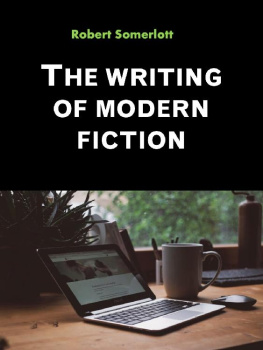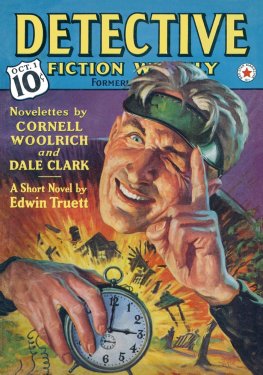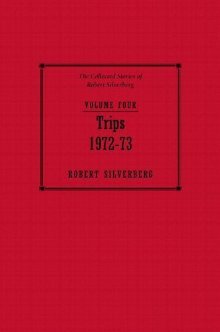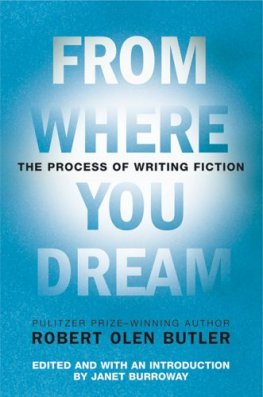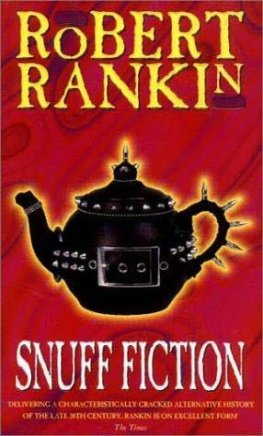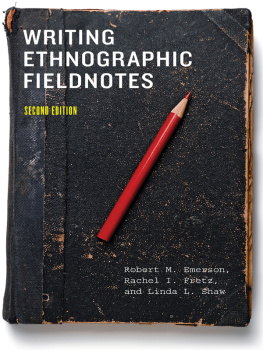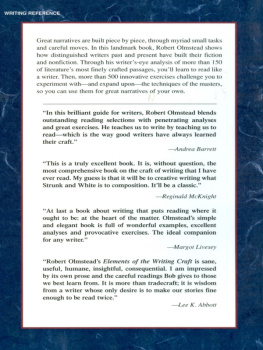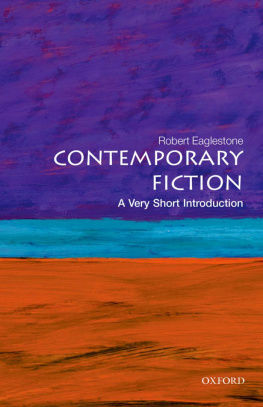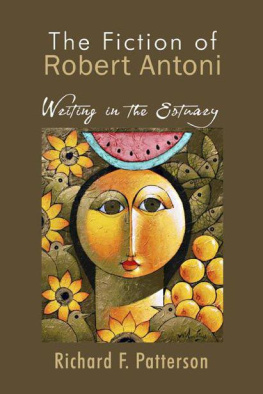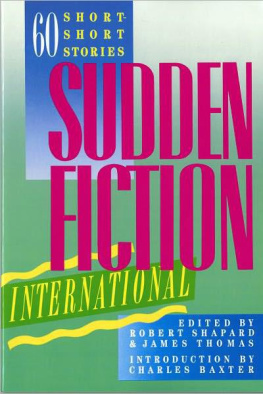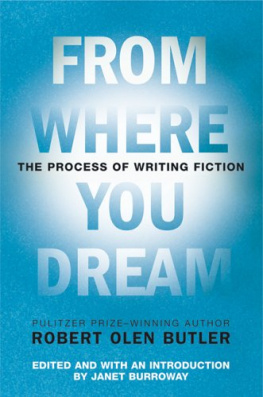Robert Somerlott - The writing of modern fiction
Here you can read online Robert Somerlott - The writing of modern fiction full text of the book (entire story) in english for free. Download pdf and epub, get meaning, cover and reviews about this ebook. year: 1972, publisher: The Writer, genre: Detective and thriller. Description of the work, (preface) as well as reviews are available. Best literature library LitArk.com created for fans of good reading and offers a wide selection of genres:
Romance novel
Science fiction
Adventure
Detective
Science
History
Home and family
Prose
Art
Politics
Computer
Non-fiction
Religion
Business
Children
Humor
Choose a favorite category and find really read worthwhile books. Enjoy immersion in the world of imagination, feel the emotions of the characters or learn something new for yourself, make an fascinating discovery.
- Book:The writing of modern fiction
- Author:
- Publisher:The Writer
- Genre:
- Year:1972
- Rating:4 / 5
- Favourites:Add to favourites
- Your mark:
- 80
- 1
- 2
- 3
- 4
- 5
The writing of modern fiction: summary, description and annotation
We offer to read an annotation, description, summary or preface (depends on what the author of the book "The writing of modern fiction" wrote himself). If you haven't found the necessary information about the book — write in the comments, we will try to find it.
The writing of modern fiction — read online for free the complete book (whole text) full work
Below is the text of the book, divided by pages. System saving the place of the last page read, allows you to conveniently read the book "The writing of modern fiction" online for free, without having to search again every time where you left off. Put a bookmark, and you can go to the page where you finished reading at any time.
Font size:
Interval:
Bookmark:
THE WRITING OF MODERN FICTION
Robert Somerlott
XU'
h*K.
w# %
THE WRITER, INC. / PUBLISHERS
BOSTON
Eastern Montana College Ubre* ly BHUn^
Copyright 1972 by
ROBERT SOMERLOTT
Library of Congress Catalog Card Number: 71-188590 ISBN: 0-87116-068-4
This book is gratefully dedicated to many friends and acquaintances in writing and publishing whose welcome shop-talk has been invaluable to me. And especially to
Writers: The late John Steinbeck; Maureen Daly; David Dodge; Gary Jennings; Fletcher Knebel; Arthur Lewis; William McGivern; Vance Packard; Mack Reynolds; Leonard Wallace Robinson; Audrey and William (Kelley) Roos.
Editors: Barbara Blakemore; A. L. Hart, Jr.; Suzanne Levine; Ellen A. StoianofF; Alan D. Williams.
Literary Agents: Shirley Fisher; Patricia S. Myrer; Elizabeth Otis; Audrey Wood.
Foreword Facts of Life Learning Your Graft What Do I Write About?
Games Writers Play
Analytical ReadingFiction Inside Out
Discovering Fictional Characters
The Full-Dimensional Character
Introducing a Character
Beware the Paper Dragon
Mental Transportation
Devices of Suspense
The Unavoidable Situation
Fictions All-Seeing I
Magnificent Trifles Finding Your Voice
I know a lecture hall where many beginning writers gather to hear the advice of established professional authors. On the wall hangs a large sign, a warning which also happens to be the title of a good novel by Hannah Green. It says: I never promised you a rose garden.
This book comes with those words of caution. Your career or avocation as a fiction writer will probably not be a bed of roses. But it neednt be a bed of nails, either. An intelligent approach based on the experiences of others will lessen the difficulties.
No attempt is made here to present a single, all-inclusive theory of modern fiction writing. I am profoundly suspicious of people who offer a ustep-by-step, never-fail system from first idea to published story. Exact recipes with measured ingredients and numbered instructions may work well in cookery, and precise blueprints are vital in the construction business. But successful fiction can neither be cooked up nor measured with a protractor. It is not produced by doggedly obeying one set of
rigid rules. Every writer must find the way that works best for him, and no two writers are exactly alike. Nor is it true that any fool can do it, although I know a few who have.
This work is largely, but not entirely, a problem-solving book. Its main concern is with the craft of todays fiction, and it deals with specific difficulties authors encounter in their work. Hopefully it is also a guide to selfediting and self-criticism. No one finds it easy to ferret out the weaknesses in his own work; perhaps the following pages will suggest where to start looking for mistakes.
There are no smooth, swift expressways to guaranteed success in modern fiction writing. But certainly one can find shortcuts and ways of avoiding detours. I hope this book will remove some roadblocks and mark the route more clearly.
Robert Somerlott
THE WRITING OF MODERN FICTION
WRITERS write
This obvious truth, uttered forty-odd years ago by Alexander Woollcott, is profound. Full understanding of it is the first step toward a career in modern fiction.
Writers write. They write beautifully, badly, or indifferentlybut always they put words on paper. Often they write while bedeviled by interruptions and demands on their time: William Faulkner produced Sanctuary between furnace-stokings when he was a schoolhouse janitor. Even physical sufferings and handicaps have not halted the work of authors: An extreme example is the case of Christy Brown of Dublin who is so crippled that he can type only with the little toe of his left foot. Yet he completed Down All My Days, a novel which has been translated into every European language.
When I meet a group of fledgling authors, I have no way of predicting which ones are destined for success. But its easy to recognize some who are doomed to failure. They are the writers who do not really write at allor
l
who write so little that it counts for nothing. They are repelled by the idea of working on a fixed schedule, and the fact that most real writers toil day after day to produce a roughly set number of words teaches no lesson to these dabblers.
They talk glibly about writing. They love to expound an idea for a novel or regale you with a half-formed notion for a short story. Many of these hopeless hopefuls enroll in classes, attend writers conferences, and read such books as this one. But, since they seldom put pen to paper, their efforts and their money are wasted. No teacher in the world, no book ever written can help a beginner who will not help himself by actually writing down words, then more words, then still more.
Dilettantes who merely study and who consider writing as little as a thousand words a month a major achievement will possibly learn a great deal about fiction writing, but will never know the thing itself. Of course, they will avoid the hard work required to master any craft. And they will miss the joy of creation, the pride and fulfillment that are among the greatest rewards of producing effective fiction.
Not long ago at a dinner party an elderly lady said to me, You know, Ive lived a most unusual life! If Id written down my experiences, they would have made a fascinating novel. But with three children and a husband to care for, I never had time.
I gave her the polite, false smile that all writers display when they hear these familiar remarks. I murmured something vague about how interesting her book would have been, about its undoubted success. A social lie, of course. The fact that she never had time proved that she was no writer. A real author, a woman with the
ambition and dedication necessary for success, would have made the time.
It wouldnt have been easy: hours snatched here and there, strict limitation of demands made on her by her family and friends. She would have had to be ruthless about rationing her time. When it comes to the vital question of whether or not a writer shall be allowed to write, ruthlessness may be necessary.
Every successful author I know is unyielding about his working time. A few, who have the dispositions of saints, try to conceal their annoyance when interrupted, but usually it is safer to stroll into a lions den than to intrude upon a laboring writer.
Outsiders do not always understand this. Recently my work was halted by the persistent jangling of the telephone. Hello! I snarled.
Oh, I hope Im not calling at a bad time, said the woman on the phone, detecting a certain hostility in my heavy breathing.
Not at all, I said icily. I was only writing. Good. She was greatly relieved. I was afraid Id interrupted your lunch.
I could have strangled her. If my soup gets cold and my salad warm because of a mealtime call, I may be irritated. But breaking in upon the sanctity of my working time is a personal assault.
The dilettante writer always has time to chat, to take a coffee or a cocktail break, to serve on committees, or to haunt bistros where other non-writing writers gather to assure each other that they are all future James Joyces. To such people writing is not work but a way of avoiding work. It is quite futile and would be tragic if these talkers really cared about writing. But they dont or they would sit down and do it.
Writers write. They continue working even in the face of discouragement. All professions are cursed with Cassan-dras, but the field of fiction is absolutely rife with crepe-hangers and calamity howlers. The young writer, who needs hope and confidence above all things, hears instead the wails of pessimists.
Next pageFont size:
Interval:
Bookmark:
Similar books «The writing of modern fiction»
Look at similar books to The writing of modern fiction. We have selected literature similar in name and meaning in the hope of providing readers with more options to find new, interesting, not yet read works.
Discussion, reviews of the book The writing of modern fiction and just readers' own opinions. Leave your comments, write what you think about the work, its meaning or the main characters. Specify what exactly you liked and what you didn't like, and why you think so.

